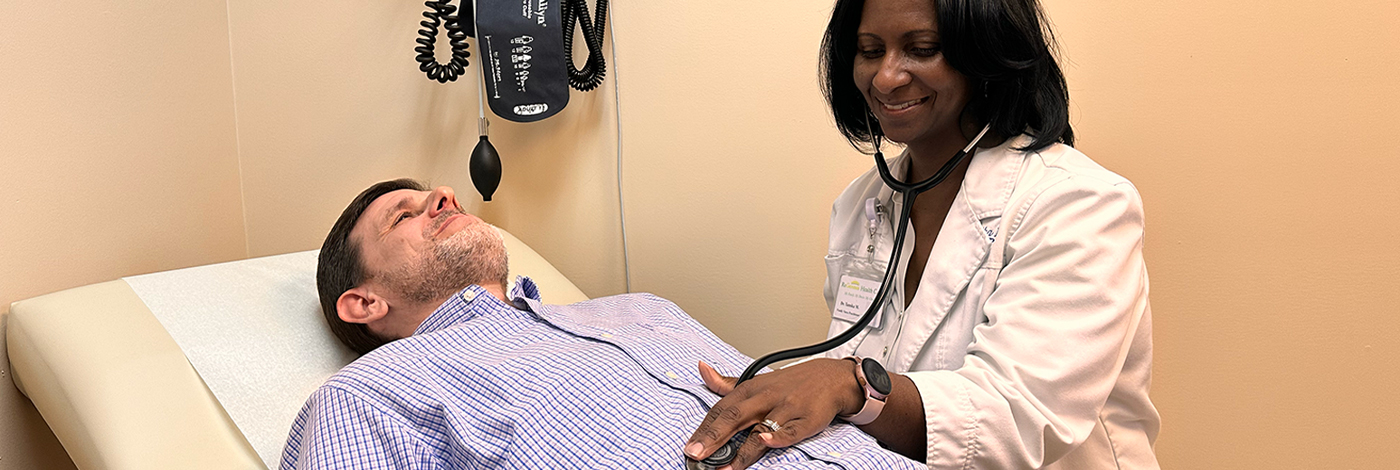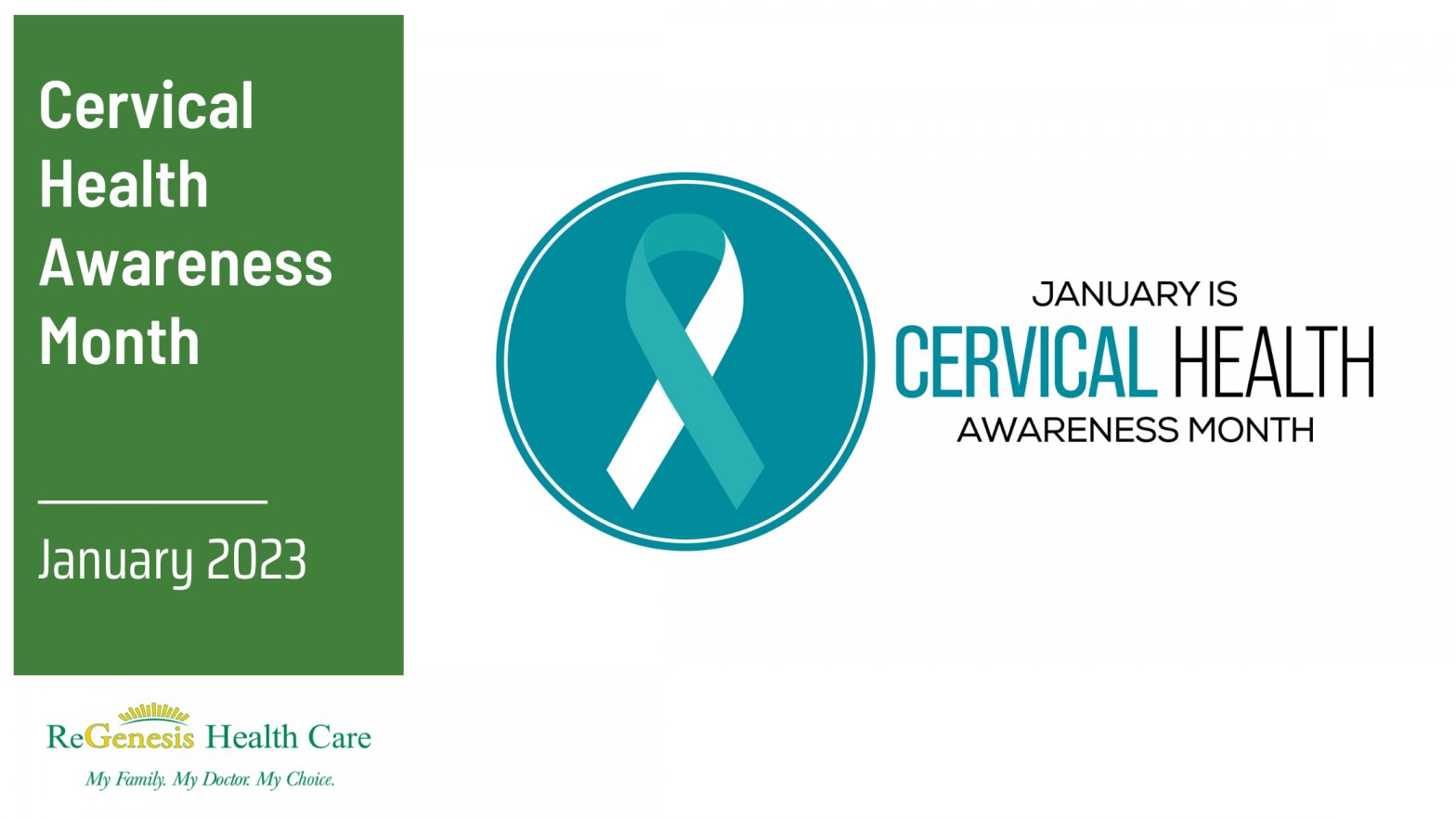Cervical cancer is a type of disease where the cells in an individual’s body grow and multiply at abnormally high rates. It usually begins in their cervix, which serves as the bridge between one’s uterus (where babies are born) and vagina. As such, it can spread to other parts of their system if left unchecked. Early detection is all the more important for treatment success!
Cancer is a serious disease, and although it can start in different places throughout the human body, one of its most common locations to begin is in the cervix. Cervical cancer affects people with a cervix over 30 years old more likely than any other age group; exposure to certain types of Human Papillomavirus (HPV) through sexual contact increases risk significantly. However not everyone that contracts HPV will develop cervical cancer. Knowing your risks are key for taking preventive measures against this life-changing condition!
When to Get Screened
If You Are 21 to 29 Years Old
If you’re between the ages of 21 and 29, it’s time to get your Pap test! This screening could potentially save your life by detecting cervical cancer early. Your doctor may advise going for tests every 3 years if all initial results come back normal. Take their advice and stay proactive about staying healthy.
If You Are 30 to 65 Years Old
If you are between the ages of 30 to 65, it is important to have a conversation with your healthcare provider about cervical cancer screenings. Depending on individual risk factors, they may recommend one or more testing options such as an HPV test only (primary screening), both a Pap and HPT test together (co-testing) or just a Pap Test alone. When results come back normal after any of these tests, most providers will suggest that patients wait 3-5 years before having another screening done.
If You Are Older Than 65
Cervical cancer screenings are important for preventing late-stage diagnoses. Women over the age of 65 should pay particular attention to their screening recommendations. In general, if you’ve had normal tests in recent years or have previously been treated with a total hysterectomy due to non-cancerous conditions like fibroids, your doctor may advise that further cervical screens are not necessary.
Cervical cancer can be detected in its early stages by regular Pap test. Regular Pat test look for cell changes on the cervix that may indicate precancerous conditions. Early detection can lead to successful treatment and remission of the disease. Other preventive measures include getting vaccinated against HPV (the virus linked to many cervical cancers) and using protection during intercourse. We always encourage open conversations with your doctor about symptoms and risks.
Contact us to learn more about the specialty care for women that we offer. To schedule your appointment visit us online or call 864-582-2411 today.



